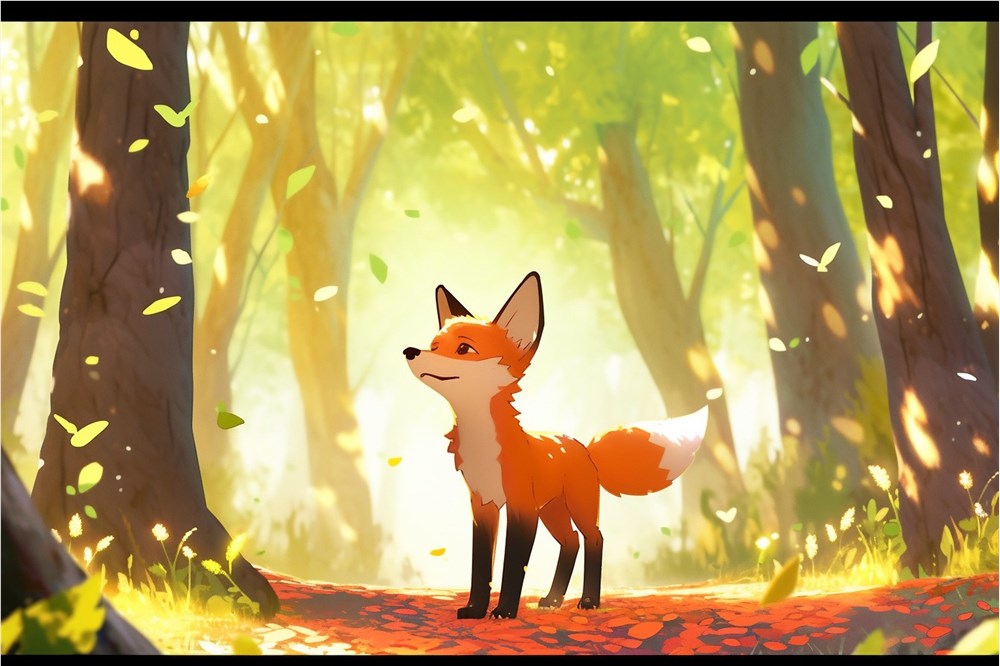Entrepreneur Niels Houwen recently published a children's alphabet book with nearly 1,000 illustrations all generated by artificial intelligence (AI). Houwen claims that completing such a large number of illustrations by hand would be impractically difficult and costly. He estimates that the project would have cost around $50,000 if done manually, with each illustration taking approximately two hours to complete.

The Cost and Controversy Behind the Low Price
Houwen admitted that it was thanks to generative AI that the book could be released at an affordable price: offering a free PDF version, or just $30 for the hardcover edition. He emphasized that he did not profit from it, and all proceeds from the hardcover edition were used to pay for Amazon's printing and shipping costs. He revealed that if entirely drawn by human artists, the hardcover edition might have cost as much as $200.
However, this use of AI has sparked strong criticism and controversy on social media and Amazon reviews. The focus of the criticism is on the ethics and copyright issues of AI image generators, with concerns that it harms the interests of human artists.
Legal and Ethical Dilemmas: A Court Decision in the UK
Facing the controversy, a screenshot circulating on social media highlighted the legal challenges faced by AI image generators. Nevertheless, a recent court decision in the UK provided some legal support for Houwen's approach: the ruling stated that using existing works to train AI models does not infringe on copyright.
Houwen defended the project, insisting that the main purpose of the book is to help children learn to read, and that without AI, the book would never have been completed. In addition, the project also serves to promote his company, which offers a related learning application.
